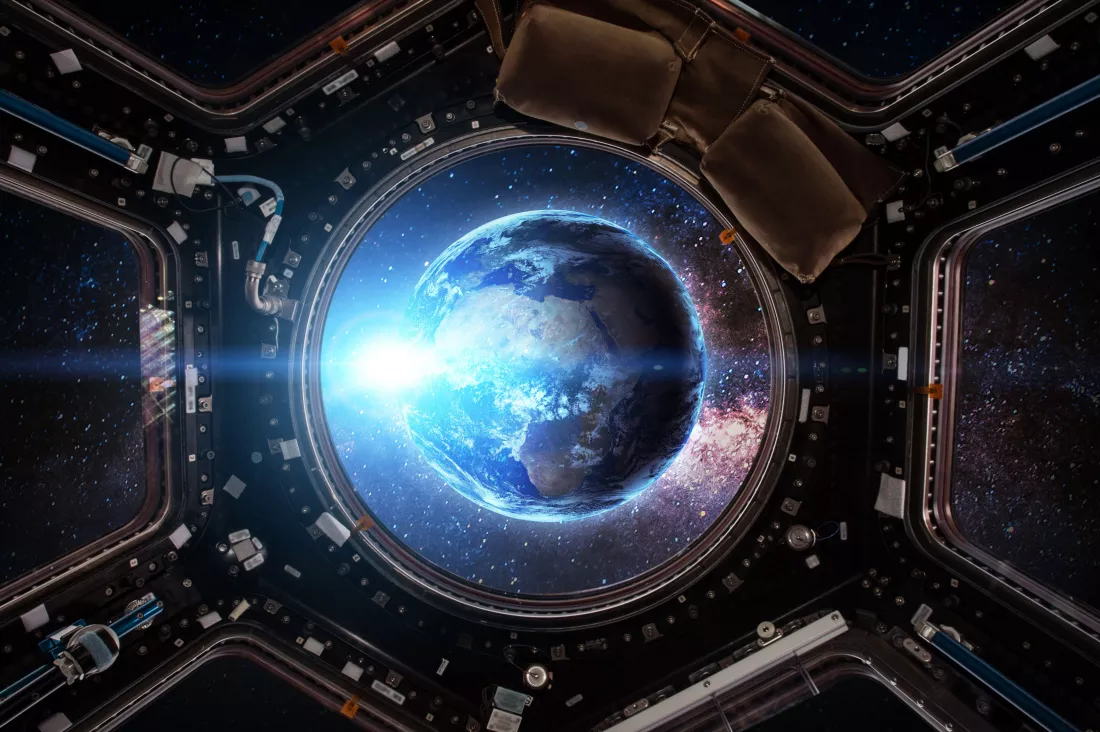
The development of the space industry has created a demand for specialists who can combine technical expertise with practical problem-solving skills. The Space Technologies second-cycle programme at AGH is designed to meet this demand, preparing students to work in areas such as spacecraft design, satellite operations, and biomedical research in extraterrestrial environments. The studies are conducted entirely in English, which reflects the international character of the industry and makes the programme accessible to students from abroad.
The curriculum is based on advanced interdisciplinary knowledge and allows students to select one of three pathways depending on their interests and career goals.
Upstream focuses on the design and launch of space objects. It covers spacecraft engineering, propulsion systems, mission planning and launch technologies. Students choosing this path prepare for work in the development and deployment of space systems.
Downstream emphasizes the use of data obtained from space. This includes Earth observation, navigation, remote sensing, and satellite communication systems. The skills developed are relevant for applications such as environmental monitoring, urban planning and analytics based on satellite data.
Biomedical looks at the challenges of human presence in space. Students study astrobiology, space medicine and the design of biomedical devices suited for extraterrestrial environments. The specialization deals with issues such as microgravity, radiation exposure and life support systems.
The programme places strong emphasis on hands-on work. Each semester requires participation in a student research group focused on space-related projects. Teams may work on building satellites, analyzing satellite data, designing lunar payloads or studying regolith. These projects allow students to apply theoretical knowledge to real technical challenges while also building teamwork skills.
Internships are another key part of the experience. Collaboration with companies such as CloudFerro, Intel and Creotech Instruments enables students to gain industry insight during their studies. The list of cooperating firms is expanding, giving students access to different perspectives within the technological and space sectors.
The global nature of the space industry is reflected in the study environment. The programme is taught entirely in English by international experts. It also attracts students from abroad, creating a multicultural community. Working in such an environment helps participants prepare for careers where international cooperation is standard.
Graduates of the Space Technologies programme are prepared for a range of professional roles. They may work on satellite development, mission analysis, space system operations or biomedical engineering for space applications. Potential employers include aerospace companies, biotechnology firms, research institutions and government agencies. Companies specializing in Earth observation, navigation systems and space medicine also look for such qualifications.
The programme also provides a foundation for academic careers. Graduates can continue into doctoral studies in fields such as planetary sciences, space exploration or biomedical technologies related to space missions. This academic pathway offers opportunities to participate in research projects with direct relevance to the global space sector.